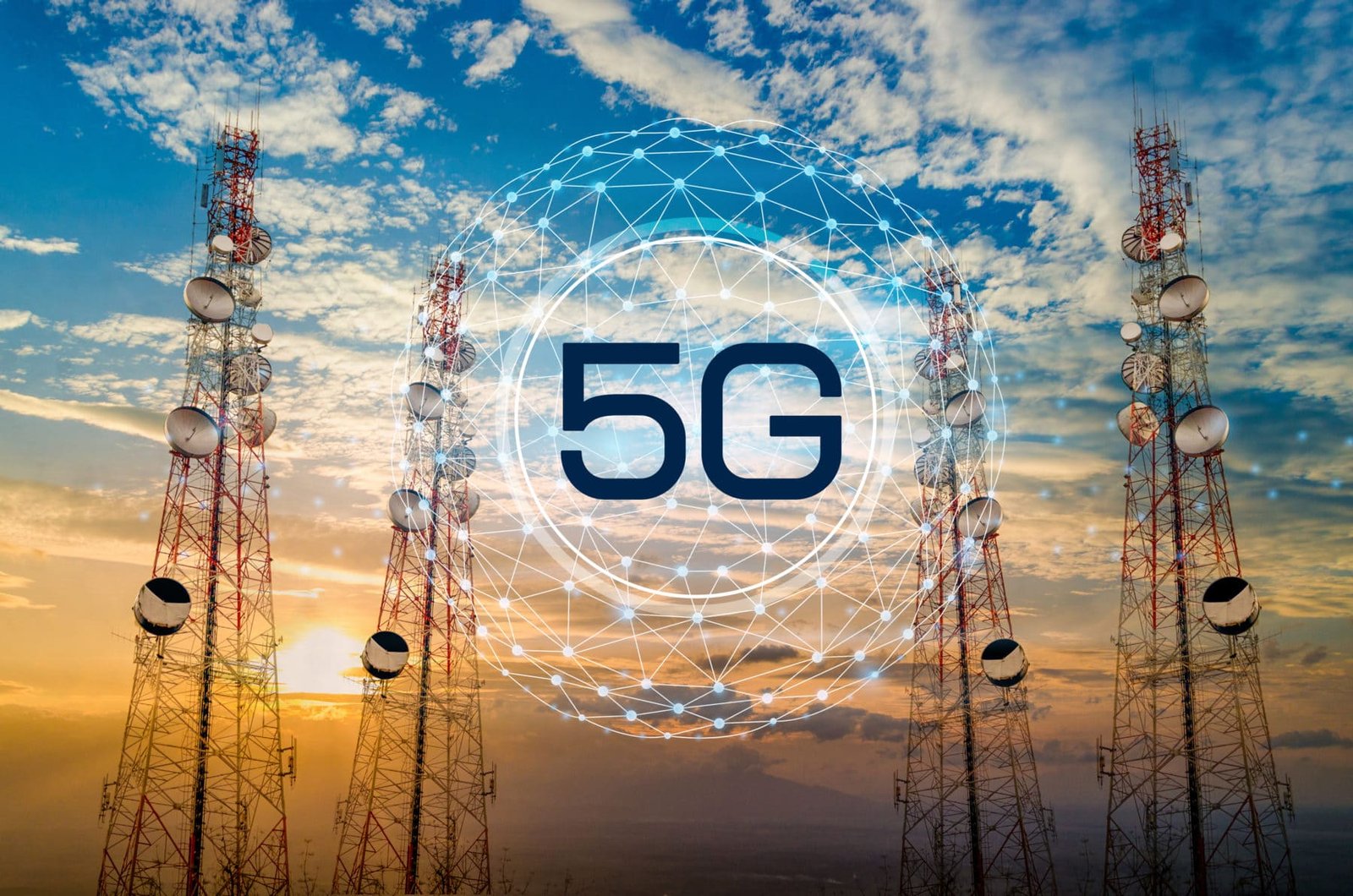Introducing 5G Networks
Now, we stand on the brink of a new era of mobile connectivity with the introduction of 5G networks. 5G, or fifth-generation, networks promise to deliver unprecedented speed, capacity, and low latency, transforming the way we connect and interact with the world around us.
With speeds up to 100 times faster than 4G networks, 5G will enable seamless streaming of high-definition content, faster downloads and uploads, and real-time communication with minimal lag. This means that activities such as video conferencing, online gaming, and streaming 4K videos will become smoother and more immersive than ever before.
The Evolution of Mobile Connectivity
Over the years, mobile networks have revolutionized the way we communicate and access information. From the early days of 2G networks enabling basic voice calls and text messages, to the advent of 3G networks bringing mobile internet access, and the subsequent 4G networks that enhanced the speed and capabilities of our smartphones, each generation has brought significant advancements.
The Benefits of 5G
5G networks offer a wide range of benefits that will revolutionize various industries and improve our daily lives. Here are some key advantages:
- Enhanced Mobile Broadband: With faster speeds and greater capacity, 5G networks will provide a superior browsing experience, allowing users to access data-intensive applications and content seamlessly.
- Internet of Things (IoT) Connectivity: 5G networks will connect billions of devices, enabling the growth of smart cities, autonomous vehicles, and advanced healthcare systems. The low latency of 5G will also support real-time monitoring and control of IoT devices.
- Improved Remote Work and Education: The COVID-19 pandemic has highlighted the importance of remote work and education. 5G networks will enable high-quality video conferencing, virtual classrooms, and remote collaboration, making these activities more efficient and accessible.
- Revolutionizing Industries: 5G will transform industries such as healthcare, manufacturing, transportation, and entertainment. It will enable remote surgeries, smart factories, autonomous vehicles, and immersive augmented reality experiences.
The Challenges and Future of 5G
While the potential of 5G is immense, there are also challenges that need to be addressed. One of the main challenges is the deployment of the necessary infrastructure, including the installation of small cell towers and the allocation of suitable frequency bands.
Additionally, concerns regarding privacy and cybersecurity need to be addressed to ensure the safe and secure implementation of 5G. As with any new technology, there will also be a learning curve for consumers and businesses to adapt to the new capabilities and possibilities that 5G brings.
Looking ahead, the future of 5G is promising. As the technology continues to evolve, we can expect even faster speeds, higher capacity, and more advanced applications. The deployment of 5G networks will unlock new opportunities for innovation and economic growth, driving the development of new technologies and services.



































